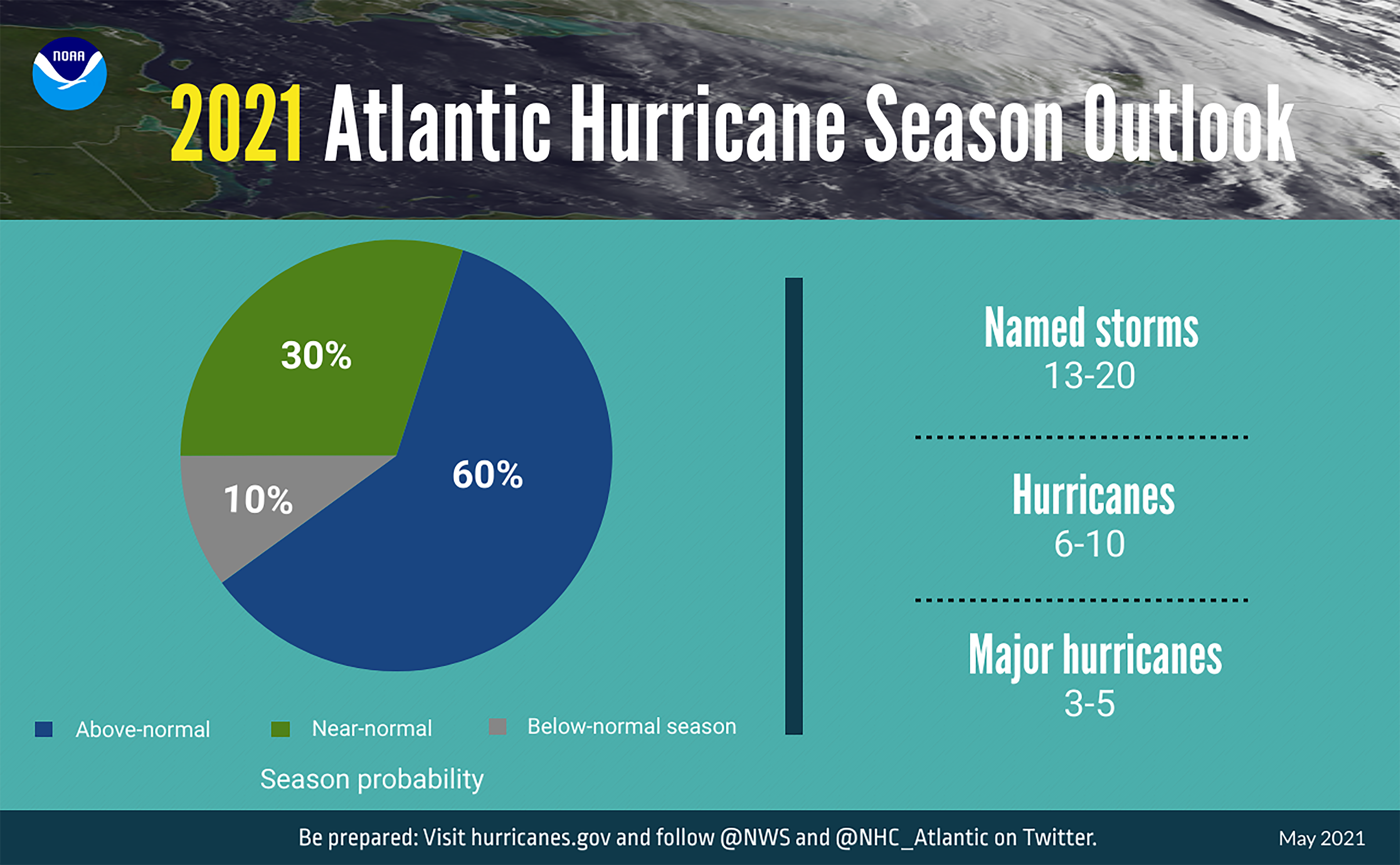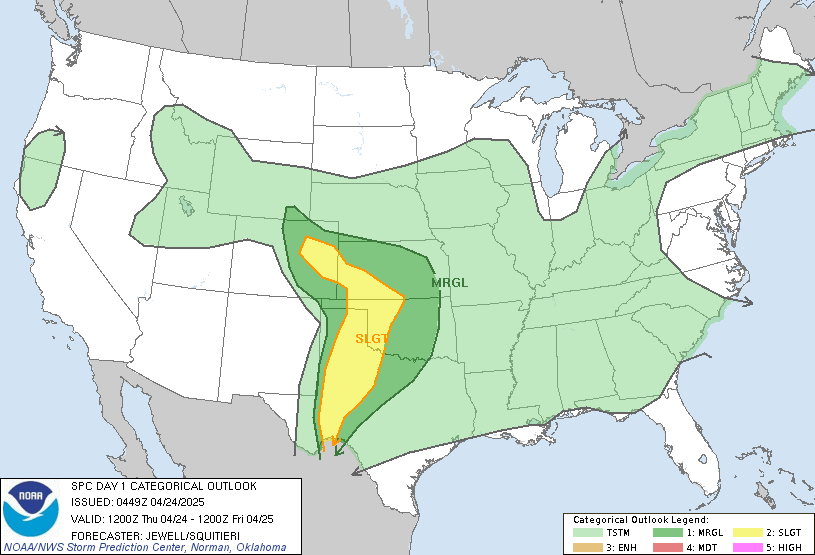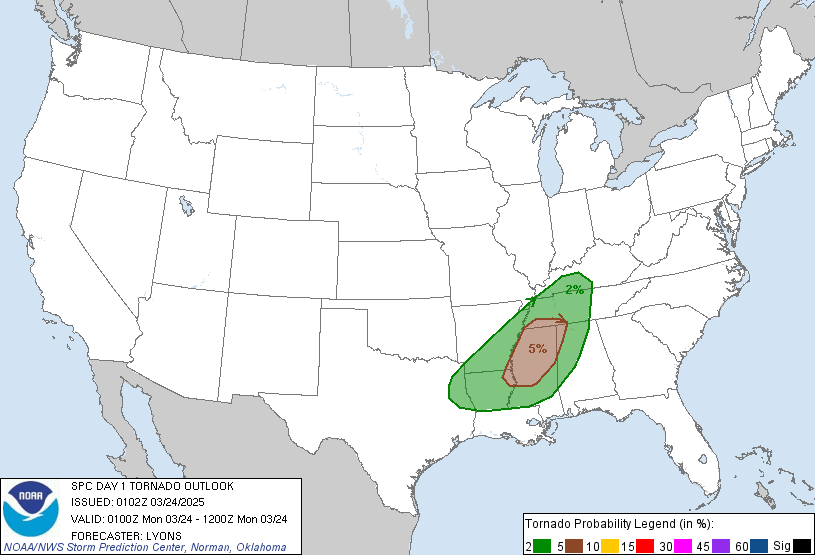This post has been a few weeks in the making. Maybe even a month or two, really. But the 2021 Atlantic Hurricane season is here, and well, aren’t we all just… wishing it wasn’t?

It feels like the 2020 season just ended.
It is like getting out of a bad relationship. We just need more time before we jump into another one. It’s not you, Mother Nature, it’s us. We need another 6 months (or year?) before we are ready to commit to another Hurricane Season.
If only it were that easy!
Early Season Tropical Development
We’ve already had one named storm this year. Subtropical Storm Ana developed in May. On May 22, at 5am, the NHC said, “The system is considered a subtropical cyclone rather than a tropical cyclone since it is still entangled with an upper-level low as evident in water vapor satellite images, but it does have
some tropical characteristics as well. The initial intensity is estimated to be 40 kt, which makes the system Subtropical Storm Ana.”
That leaves Bill next up on the list.

And that may be something on the horizon to watch during the next week or two.
And that showcases something interesting: Tropical (and subtropical) systems are being named earlier and earlier every year.
The researchers over at Climate Central put together this quick chart to show the change over time.

And before you ask, “Is this due to Climate Change, Nick?” I have to say that I don’t know. And neither does the scientific community. There are a handful of hypotheses out there, but none of them have been vetted and tested enough to be agreed upon by a majority of people within the field.
I will say this, though, that I think it is a three-fold situation.
- As our atmosphere warms, the oceans (and Gulf) warm by up to four-times as much. So while we always talk about Climate Change being a “Golly, the temperatures of the air sure are warmer today more frequently than 50 years ago!” We should really be focusing on, “Golly the water temperatures today sure are as much as four-times warmer than we think the air temperature feels warmer”
So if Climate Change is apart of the equation, I would put money on it being a water problem, not an atmosphere problem. And as we all know, warmer waters make it easier for tropical systems to develop and propagate.
- Technology is much better today than it was 15 years ago. And, based on Moore’s Law, you can estimate that computers forecasting the weather today are about 3 million times better today than the computers that were used to forecast Hurricane Katrina.
That means that we are that much better at seeing if systems are out there, where they are and if they exhibit tropical characteristics or not. That, in turn, makes it easier to figure out if a storm necessitates a name or not. - It seems – and you guys know how much I hate using “feels” or “seems” when talking about Science stuff, but here I go – like the NHC has been a bit more inclined to name a storm, in recent years, than in years past. I don’t have any hard data or evidence to show, but it seems like if storms are on the edge, they’ll name it. Where 20 years ago, maybe they let it slide.
That may be another piece of the puzzle to ‘more earlier named storms’ but there isn’t any worthwhile data to back that up.
Warmer Waters, Stronger Storms
If you’ve lived through one Hurricane season, or 100, you probably know that the warmer the waters are, the stronger a storm can become.
A quick note, the folks at Climate Central put another graphic together showing the warming of the oceans. And there has been some pretty widespread, uniform warming to the Earth’s waters

And the oceans are heating up. Even in the Tropics. So, it isn’t that much of a stretch to think that storms today have an easier time becoming stronger storms than storms would have in the past. And you may say, well prove it!
And so we can just look at the record books.

Turns out that many of the strongest storms within each basin, since 1979, have occurred since 2010.
And going back to 1924, and looking at the Top 15 strongest storms in the Atlantic, eight of the Top 15 have occurred since 2000. And nine if you count Hurricane Mitch in 1998.
So there is evidence to support that the warmer oceans = stronger storms = climate change may be driving stronger storms. Not overwhelming evidence. But some evidence.
2021 Season Prediction
Both NOAA and the meteorologists at Colorado State are projecting an above-average season. The idea is that as La Nina wanes, there will be enough of it left for the effects to linger in the atmosphere.
NOAA’s forecast breaks down like this:

For refernce, here was the outlook for last year:

Not a big difference in the pre-season forecasts. But that doesn’t mean that this season will be like last season.
Colorado State outlook numbers for the 2021 Season

For reference, here is a look at the 2020 Outlook:

Again, just because the outlooks are very similar doesn’t mean the actual seasons will be similar. Every season is different. Just like every storm is different. The key is to prepare now, so when a storm does form and may end up near you, that you are ready to handle anything Mother Nature can throw at you.
Yeah, but what do you think, Nick?
I find it nearly impossible that we have another record-breaking season like 2020. But not completely impossible. That is the trouble with Science and Math. We can’t ever say anything with complete certainty.
That said, again, very, very… very, very, very unlikely that 2021 is like 2020.
But I can’t argue against NOAA or Colorado State – it looks like an above average season. And I went through and did some very scientific, and very real. number crunching to come up with the following outlook….

Notice that I am calling for less than or up to 16 Named Storms. Or more than 16 Named Storms. We may see up to 8 Hurricanes. Or more than 8 Hurricanes. And there is a potential for up to 4 Major Hurricanes. Or there may be more than 4 Major Hurricanes.
The range is from 0 to 50 Named Storms possible this season. Up to 25 Hurricanes, too. And Perhaps 17.5 Major Hurricanes. That’s right, we may get half of a Major Hurricane. What does it mean to get half of a Major Hurricane?
Ha! I have no idea.
Okay, jokes aside, what does all of this mean for you? That is a place I can actually help.
Above average or below average, I say prepare the same. Because whether there are 30 storms or 1 storm… if any storm comes near you, you’re going to want a Hurricane Kit ready to go.
Check out the Hurricane Preparedness Page for for information about getting prepared now and being ready to go when a Hurricane does forma nd may be threatening your home.
The Bottom Line
Prepare now for Hurricane Season. I’ve already started to put together my Hurricane Preparedness Kit. And you should, too. Make sure you’ve got everything you may need, so if the worst happens, you’re ready to go.
And keep up with the forecast through the summer. Check back for details about what is happening out there at least once every other day. Just a peek. Just check in to make sure nothing is happening. It’ll only take a few minutes. But it may be the different between being ready to go, and having to play catch up.
And lastly, enjoy the summer. Don’t let the potential for an above average hurricane season change anything that you plan to do this summer. Go on trips, spend time with the family, invite those friends from out of town to come visit.
After 2020, we all need and deserve some fun. Don’t let this forecast ruin any of that for you.


As long as you keep providing these forecasts, I’ll keep coming back here to read them. I find them MOST informative and worth their weight in gold!